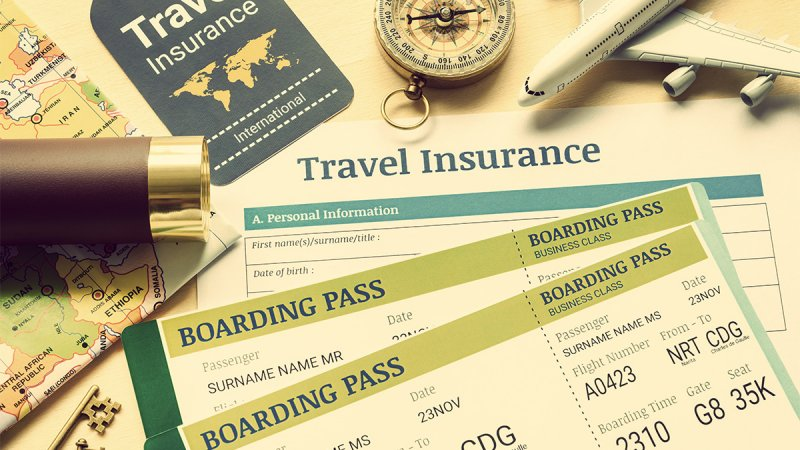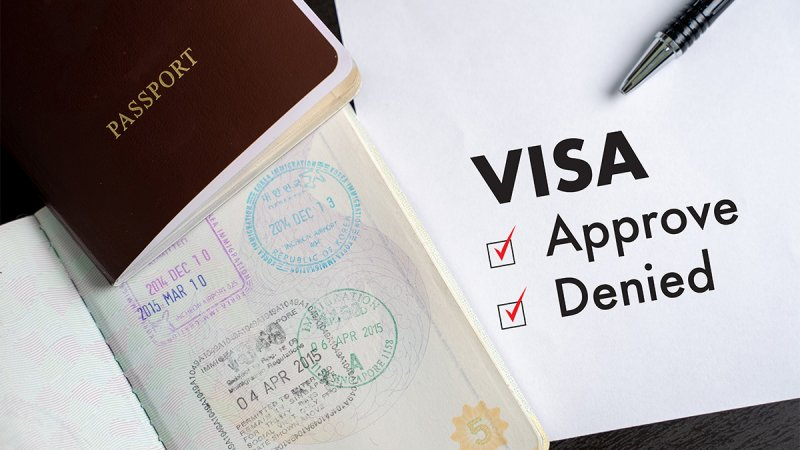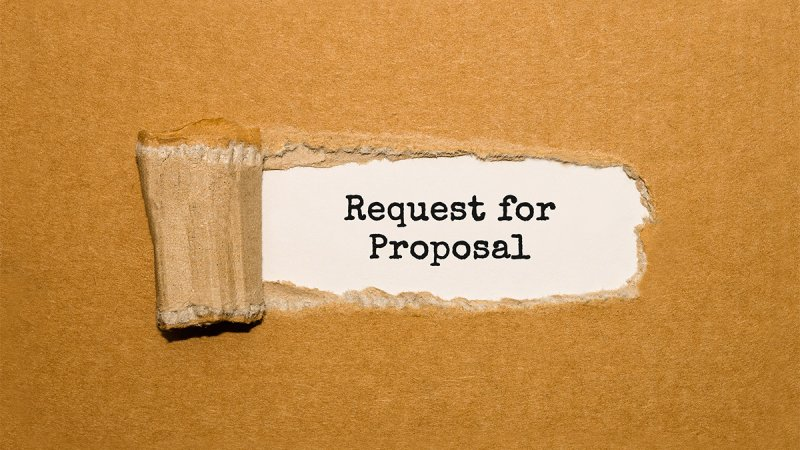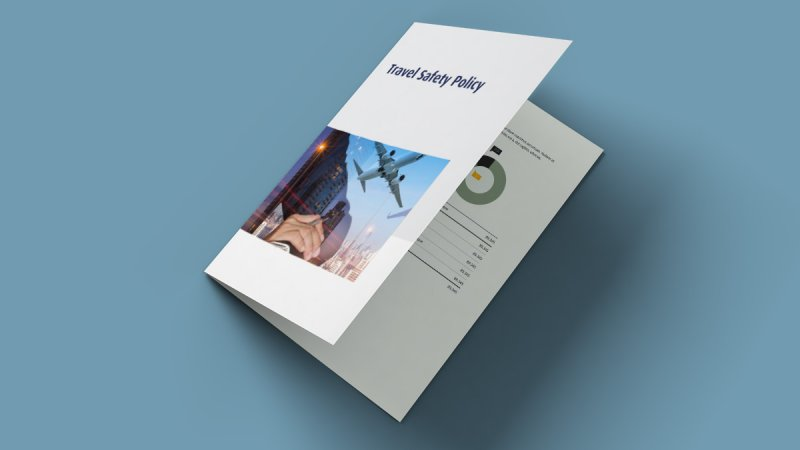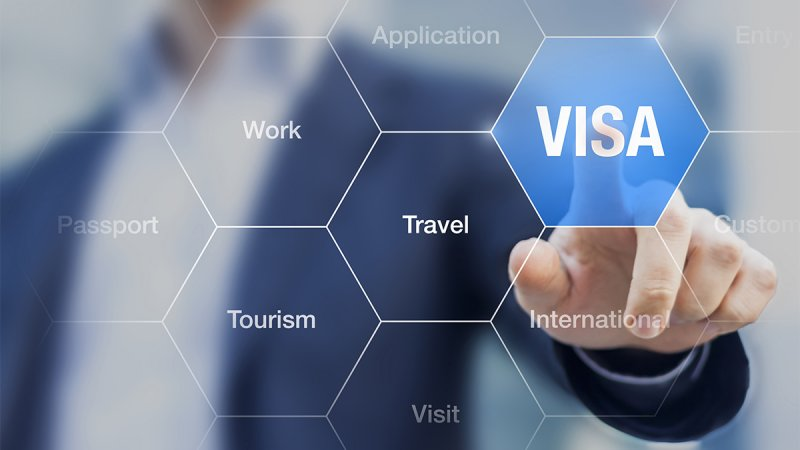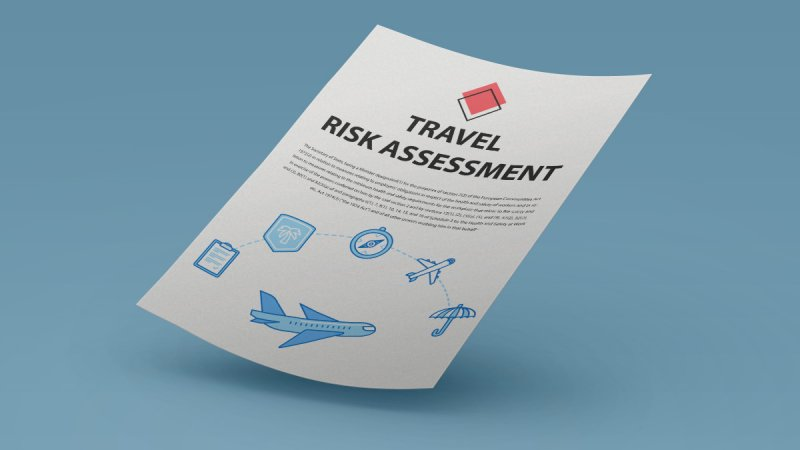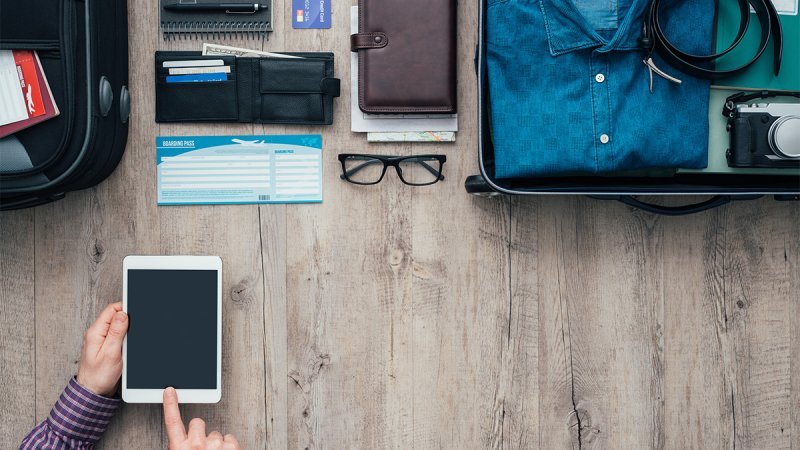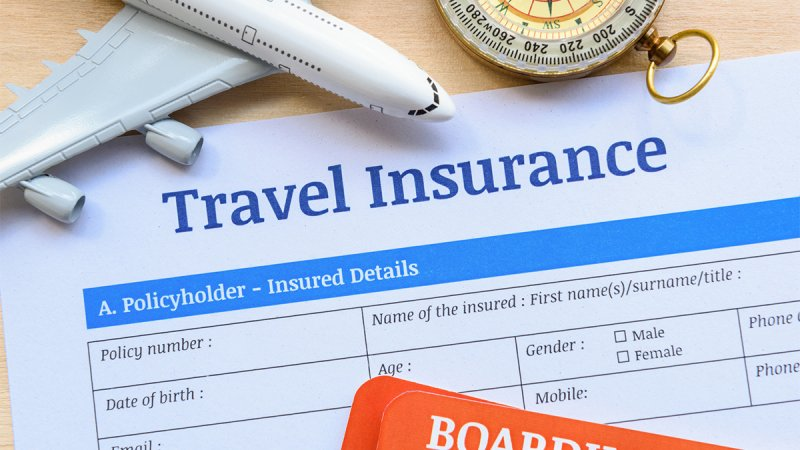“Due diligence” refers to the steps employers can take in advance to remove or minimise any foreseeable health and safety risk to their employees.
All employers have a duty of care to their staff. They have a legal responsibility to ensure their health and safety is protected at all times; this includes the times when they’re on a work trip, either domestic or abroad.
Business travel can be good for employees and companies alike. The face-to-face connections that are formed and strengthened are often stronger than ones built remotely and the break from routine is often welcome for workers, with 37% in a recent study saying business travel improved their skillset and 6 in 10 claiming it had allowed them to see parts of the world they wouldn’t otherwise get a chance to visit. However, it’s also full of potential risks, and appropriate training and preparation is very important.
What does Due Diligence mean for Business Travel?
Workers on business trips are subject to the same risks as all other workers, as well as many that are specific to travelling. Conducting a risk assessment is an important way of identifying hazards that might cause problems. Of course, there can be issues that crop up unexpectedly, and employers are only expected to look at risks that could be deemed foreseeable.

Due diligence extends over the following areas:
Transport and Accommodation – Employees will face lots of potential risks when they’re in transit from one place to the next and when they’re at their hotels.
Accommodation should be researched in advance to ensure it’s appropriate, with more than just price and location taken into consideration. This is easier than ever today, with travel review sites providing a good starting point for research. If employees from your company regularly travel to the same location, it’s worthwhile discussing options with people who have already been there to find out about the pros and cons of a particular hotel. There are many horror stories online about business travellers arriving at their hotels and finding safe or unclean conditions. Considering that people are more at risk of many health complaints during corporate travel – including food poisoning, viruses and stress-related conditions – it’s vitally important to make sure they’re returning to a comfortable, safe place after their work is done in an evening.
Driving in an unfamiliar environment can cause many issues. Any employees doing so should be aware of the rules of the road in that specific country and should be properly trained in safe driving techniques. Public transport can also vary in both its reliability and safety records depending on the area. All trips within the country should be considered and all modes of transport included in the risk assessment.
Supplies – Workers should have emergency documents, means of communicating (such as fully charged mobile phones) and first aid equipment with them on their travels. Employers should ensure they have these and not assume that all employees are seasoned travellers in their personal lives. They should also provide their staff with a list of emergency contacts to get in touch with in any kind of emergency.
Communication – Staying in contact with employees on the road is extremely important, especially for those who are travelling alone or for extended periods of time. Although work trips can often be very full on and employees won’t always be contactable (for example, during client meetings), it’s a good idea to schedule regular check ins. This ensures the employer is meeting their duty of care throughout the trip and flags up that there’s a problem quickly in the event of a worker falling out of contact while abroad.
Emergency Response and Support – The list of potential risks to a business traveller is quite long: natural disasters and terrorist attacks can all be classed as foreseeable risks in some parts of the world, and fall under an employer’s due diligence. Employers should plan for day to day risks too, such as an unexpected illness or injury, loss of travel documents or falling victim to a crime. They need to produce a plan for all of these eventualities and make sure this is communicated clearly to their staff before their trip.
Itinerary and Safety – Even with all the due diligence in the world, unexpected travel delays happen; trains and planes can be delayed or cancelled with no warning, sometimes leaving business travellers stranded. The itinerary of a work trip needs to allow for such eventualities and also have some built-in down time for employees. Business travel can be very tiring and regular trips are linked with health issues, so workers need time to unwind and rest between meetings.
Should a member of staff be stranded unexpectedly, they need to know who to contact and that their employer has a backup plan. If possible, avoid transfers and waiting time in high-risk areas in case they are delayed there and unable to leave for some time. This is another issue that’s particularly important to consider if people are travelling alone at any point in their trip.
Safe, healthy business travel that benefits the company and the employees is very much achievable. A small amount of preparation and research can make sure employers are honouring their due diligence and doing everything they can to protect their staff.

